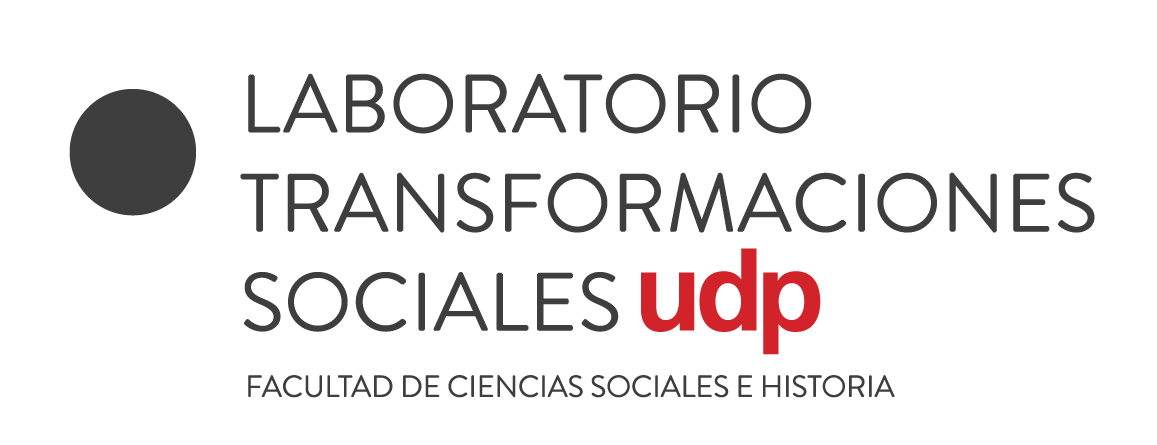Temporality, political imagination and the potentiality of memory. Interview with Susana Draper
DOI:
https://doi.org/10.32995/0719-64232021v7n14-166Abstract
An introductory note from Daniela Jara: Between October and December 2021 I invited Susana Draper to a correspondence conversation in the current format, which is emails. Susana generously agreed to participate in this dialogue in fragments, interrupted, recomposed, but a dialogue nonetheless. I sent her some initial questions and we began the exchange that led to this interview. Despite the acceleration in which we live, Susana answered me in the midst of correcting exams, tolerated my silences and discontinuities and each time responded with extraordinary promptness. I had met Susana in 2019, when during a stay at Vassar College I attended a lecture she gave on Mexico '68, presenting her critique of historiographical elaboration that focuses on the traumatic memory of the events. Subsequently, I attended a seminar on Latin America, where Katherine Hite discussed with her students the idea of constellations and their conceptual performance to study critical moments in recent history in Susana's work. That stay took place in the last fortnight of October 2019, so the news of the October revolt in Chile found me far from the streets of Valparaíso, where I reside, but accompanied with these two feminist and Latin Americanist academics who hosted the disturbance of the first news received about the social mobilization and the anarchic consternation.
Translated with DeepL.com (free version)
Downloads
Published
How to Cite
Issue
Section
License
Copyright (c) 2024 Susana Draper, Daniela Jara

This work is licensed under a Creative Commons Attribution-NoDerivatives 4.0 International License.

Este obra está bajo una licencia de Creative Commons Reconocimiento-NoComercial-CompartirIgual 4.0 Internacional.



